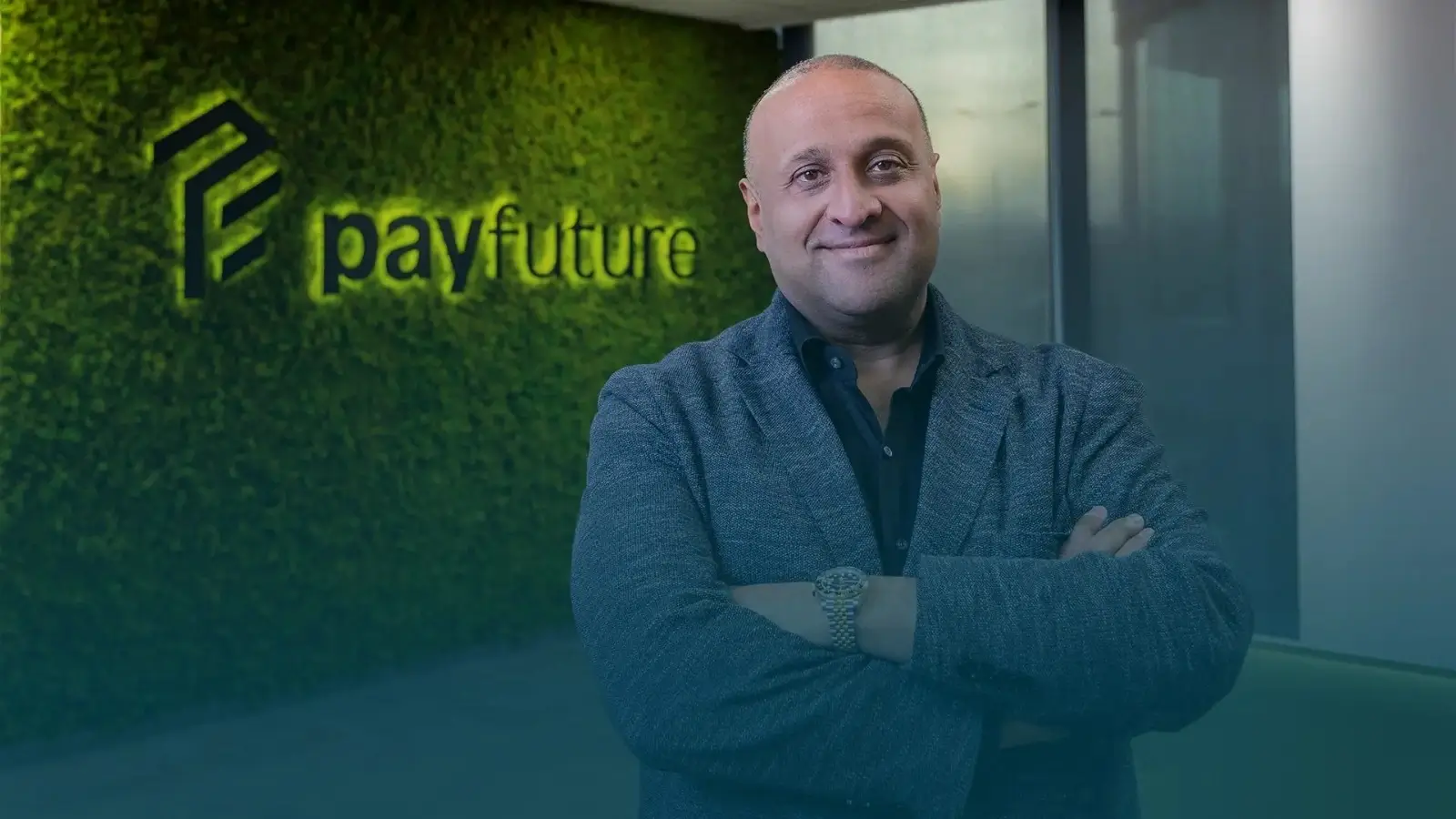Planning financial stability across life stages and global locations is essential for long-term security. This guide will show you how to adapt your financial strategies for different life stages and international settings. Find out how to stay financially secure, no matter where life takes you.
The Importance of Financial Planning Throughout Different Life Stages
Financial planning at every stage of life provides a roadmap for stability and control over your financial life. A comprehensive financial plan includes budgeting, saving, investing, and protecting assets to meet both immediate and future goals. Proactive and consistent smart financial planning habits help navigate the complexities of life stages and achieve long-term financial planning stability within the financial planning process.
Financial needs and priorities change significantly as we move through various life stages, influenced by personal circumstances:
-
Early adulthood focuses on building a foundation.
-
Mid-life balances personal goals with family responsibilities.
-
Later years emphasize securing retirement and leaving a legacy.
Adjusting financial plans throughout these stages enhances financial well-being and ensures resilience against financial stress and downturns.
Proper financial planning involves managing resources to achieve personal and family aspirations, such as:
-
Buying a home
-
Funding education
-
Securing retirement
-
Leaving a legacy planning
Regular updates to your financial plan, at least annually or after significant changes, are regularly reviewed to keep you aligned with evolving financial goals and circumstances.
Recognizing and adapting to changes helps maintain financial security and control over your future.
Building a Solid Financial Foundation in Early Adulthood
Early adulthood is ideal for establishing a strong financial foundation. Creating a budget helps allocate funds responsibly and adjust for unexpected expenses. Prioritize managing high-interest credit card debt and personal loans to maintain flexibility and avoid future stress.
An emergency fund covers unexpected expenses and provides a safety net, making it a critical component of stability. Ideally, your emergency funds should:
-
Hold three to six months’ worth of living expenses
-
Be enhanced by tracking cash flow and saving bonuses or tax refunds
-
Be supported by responsible borrowing options like a Trust Bank Instant Loan, which can help manage urgent needs while building credit responsibly
Starting to save for retirement early in your career also sets the stage for long-term success. Consider opening retirement accounts, making regular contributions, diversifying investments, and periodically reviewing your goals.
Navigating Mid-Life Financial Challenges
Mid-life presents unique financial challenges, requiring a balance between personal goals and family responsibilities. Increasing retirement contributions as your career advances ensures adequate future resources, including catch-up contributions. Retirement income planning should focus on stable, income-generating investments for later years’ financial security.
Maintaining accessible savings for unforeseen expenses remains vital, even nearing retirement. Asset protection strategies become critical during mid-life to safeguard accumulated wealth. Regularly reviewing and adjusting your financial plan ensures alignment with goals, especially after major life events. A comprehensive financial plan helps navigate changes in circumstances and goals, promoting long-term financial security.
Balancing personal financial goals with family responsibilities, like funding education and managing mortgage payments, is essential for financial health. A well-structured education savings plan alleviates financial pressure when children reach college age, and staying informed about changing family security dynamics significantly influences planning.
Investing in financial education and seeking advice from advisors helps make informed decisions, supporting both personal and financial independence and the family’s future.
Preparing for Retirement: A Global Perspective
Retirement planning must reflect not only your lifestyle goals but also your location. For expatriates, managing pension schemes, foreign regulations, and taxes can be complex. Rising healthcare costs, high living expenses in certain cities, and currency risks further complicate retirement strategies.
Engaging with experienced advisors who understand global considerations is essential. Firms like St James Place retirement planning Dubai offer tailored guidance for expatriates and professionals planning retirement in regions like the UAE, where residency status, tax planning, and investment strategies must align.
Thorough retirement planning helps navigate shifting global dynamics, ensuring stability even in unfamiliar financial environments.
Investment Strategies for Long-Term Stability
Investment strategies are crucial for long-term financial stability. A diverse investment portfolio mitigates risks by including different asset types that perform variably in different economic conditions. Alternative investments like real estate or commodities provide additional diversification beyond traditional stocks and bonds, enhancing investment portfolios.
Key points about investment strategy and risk management include:
-
The investment horizon influences risk tolerance; longer periods allow greater acceptance of potential short-term losses.
-
Regularly rebalancing your portfolio maintains the intended risk level and aligns with changing market conditions.
-
Financial advisors help establish globally diversified plans, prioritizing tax efficiency and risk management.
-
Including global investments enhances diversification but may introduce unique foreign market risks.
Investing long-term while maintaining liquidity is crucial for achieving financial goals. Discussing strategies with a financial advisor and regularly reviewing your investment mix ensures your portfolio aligns with objectives and provides needed security.
Estate Planning for a Secure Future
Estate planning is essential, providing financial security and ensuring assets are distributed according to your wishes. The IRS has announced a rise in estate and gift tax filings, indicating increased proactive planning among taxpayers. In 2024, the basic exclusion amount for estate tax is projected at $13.61 million for individuals, but current exemptions may revert to lower levels at the end of 2025 unless legislative action is taken. An effective estate plan can help navigate these complexities.
Proper estate planning involves understanding recent regulations and changes, such as GST exemption allocations and extension request processes. Recent cases show fiduciaries can face personal liability for unpaid tax liabilities if they distribute assets before settling tax claims.
Working with a wealth management firm and having adequate insurance coverage can help minimize taxes and ensure a secure financial legacy.
Adapting to Evolving Global Financial Landscapes
The constantly evolving global financial landscape impacts individual financial stability. Key factors include:
-
Inflation rates
-
Currency fluctuations
-
Trade dynamics
These factors significantly affect investment returns, necessitating effective risk management. Diversifying investments across geographies and asset classes helps mitigate the effects of global economic volatility.
Access to foreign financial services enhances investment opportunities and can lead to better savings interest rates. Global competition encourages financial institutions to innovate and offer better services and pricing, benefiting investors. Economic shifts, technology, and globalization impact personal financial strategies, making it essential to stay informed and flexible.
The growing complexity of financial planning due to global opportunities and cross-border considerations should not be underestimated. Working with advisors who understand these complexities and using tools that support international decision-making helps develop a robust plan that adapts to evolving circumstances and ensures long-term security.
The Role of Mindset and Resilience in Financial Journeys
Financial success isn’t solely about numbers. Discipline, adaptability, and a resilient mindset are equally important. Facing setbacks or market volatility with a long-term perspective allows for smarter and calmer decision-making.
Stories of perseverance often provide valuable lessons. For instance, Rob Lilwall HK is known for his transformative journeys that reflect the importance of mindset and personal growth in overcoming challenges. His story can inspire individuals to bring that same resilience to their financial lives.
Embracing uncertainty with flexibility and focus empowers individuals to build financial plans that last.
Utilizing Financial Advisors and Tools for International Decision-Making
Navigating international investments and cross-border transactions requires financial advisors’ expertise and specialized tools. Understanding cross-border regulations is crucial for making informed decisions and ensuring compliance with local laws. Financial advisors with local and international market expertise help develop comprehensive plans prioritizing tax efficiency and risk management.
Tools and platforms supporting international decision-making, like global investment platforms and tax-efficient withdrawal strategies, are essential for managing a diverse portfolio. Working with a wealth management firm provides access to these tools and the necessary advice for informed investment choices, including a withdrawal strategy.
Leveraging financial advisors’ expertise and using the right tools helps navigate complex financial decisions and achieve long-term stability.
Frequently Asked Questions
1. Why is financial planning important throughout different life stages?
Financial planning is essential throughout different life stages as it facilitates effective management of resources, ensuring financial security and stability while helping individuals achieve their immediate and future goals. By navigating the complexities associated with each stage of life, it promotes a sense of control over financial matters.
2. What are the key components of building a solid financial foundation in early adulthood?
Building a solid financial foundation in early adulthood requires creating a budget, managing debt, starting an emergency fund, and initiating retirement savings. These components are essential for ensuring long-term financial stability and security.
3. How can expatriates effectively plan for retirement?
Expatriates can effectively plan for retirement by understanding pension schemes, local regulations, and tax implications in their host countries. Engaging with financial advisors to navigate these complexities can significantly enhance the security of their retirement plans.
4. What investment strategies are recommended for long-term stability?
Implementing a diverse investment portfolio that includes alternative investments such as real estate, along with regular rebalancing and global diversification, is essential for achieving long-term stability. Consulting with a financial advisor can further enhance your strategies through tax efficiency and risk management.
5. How does a resilient financial mindset contribute to financial success?
A resilient financial mindset is essential for financial success, as it transforms challenges into opportunities for strategic adjustments and learning. By fostering discipline and a constructive perspective, individuals can effectively navigate complex financial decisions and work towards long-term stability.

















